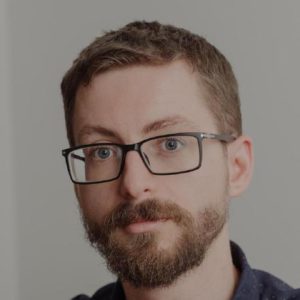Call for Participants for a workshop: Politics, Ethics, and Expertise in the Debate over Emerging Weapons Technologies
University of Canterbury, Christchurch, New Zealand
August 31 – September 1, 2023
As concerns over the possible military applications of artificial intelligence have grown over the past decade, so too has the number of forums in which these developments are being debated. Governments, militaries, activist groups, lobbyists, and academics have all sought to have their voices heard on the prospects and dangers of developing and deploying lethal autonomous weapons systems (LAWS). Claims to different kinds of expertise have been central to this process, with military figures, think tankers, roboticists, computer scientists, legal scholars, ethicists and other academics all seeking to offer special knowledge that can guide this future-focused debate. At the centre of this, the possible regulation or banning of LAWS takes place within the Convention on Conventional Weapons (CCW) under the banner of a Group of Governmental Experts (GGE). In short, contestation over the legality and ethics of emerging weapons technologies is dominated by a wide range of actors claiming different forms of expertise to underpin their political positions.
This workshop aims to delve into the politics of expertise in the debate over emerging weapons technologies, particularly LAWS. Questions to be considered may include: How have states or groups that support or oppose the development of LAWS sought to draw upon experts and expertise in making their cases? What qualifies someone as an expert on LAWS and how is the status of expertise affirmed in public settings? In what ways are experts in the LAWS debate connected to states and industrial players that have interests in the outcomes? How do public perceptions of expertise shape the debate and limit the possibility of more radical or critical interventions? What forms of knowledge or expertise have been marginalised or excluded from the debate?
The workshop will run over two days from August 31- September 1, with presentations grouped thematically across a number of sessions. We aim to produce either a journal special issue or edited collection in the months following the workshop.
If you are interested in participating in the workshop, please send a a brief abstract/overview of your research as it relates to the workshop themes set out above and b) an up to date CV to jeremy.moses@canterbury.ac.nz. It is not expected that participants will present full and final papers at the workshop, but there should be some work in progress that is relevant to the themes. We are open to participants working in a diverse range of fields including (but not limited to) international relations, defence studies, science and technology studies, the sociology of expertise, data science and analytics, law, ethics, government and activism.
A limited number of bursaries will be awarded to contribute to the cost of travel and/or accommodation for participants coming from elsewhere in New Zealand or internationally. Priority will be given to postgraduate students. Please contact jeremy.moses@canterbury.ac.nz to find out more about this funding.
Submissions close on Friday July 14, 2023
Keynote Speaker

We are delighted to announce that Jack Poulson, Executive Director of tech accountability nonprofit Tech Inquiry, will be joining the workshop and delivering a keynote address.
Dr Poulson completed his PhD in Computational and Applied Mathematics at UT Austin in 2012 before serving as an Assistant Professor of Computational Science and Engineering at Georgia Tech then as an Assistant Professor of Mathematics as Stanford University. After two years as a Research Scientist in Google’s AI division working on recommendation systems and natural language processing, he resigned in protest of the company rolling back its international human rights protections and transitioned (back) into the nonprofit sector. His work focuses on data curation of the interface between tech companies and weapons manufacturers with the U.S. government and supporting civil society and tech workers in opposing related abuses.